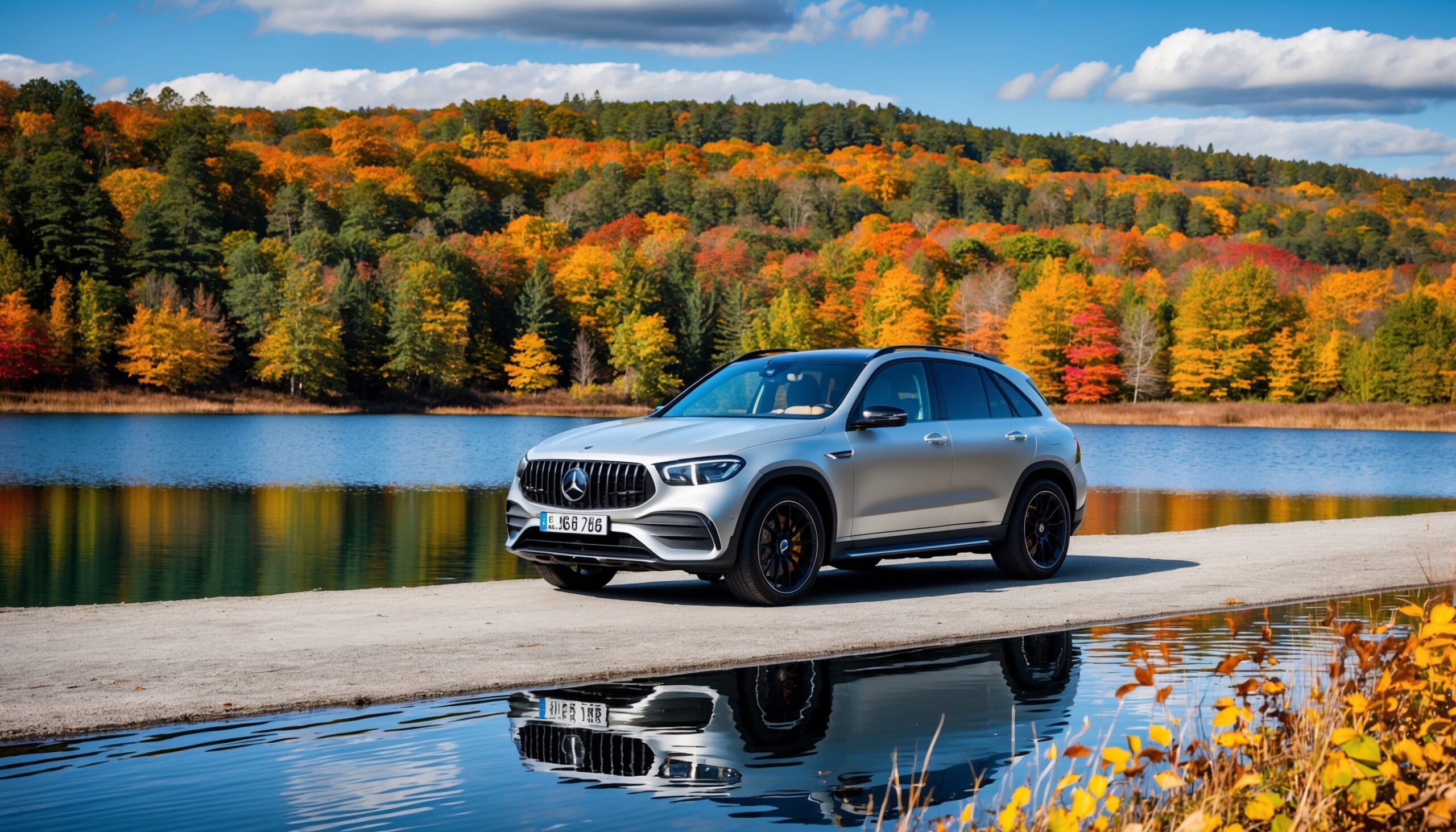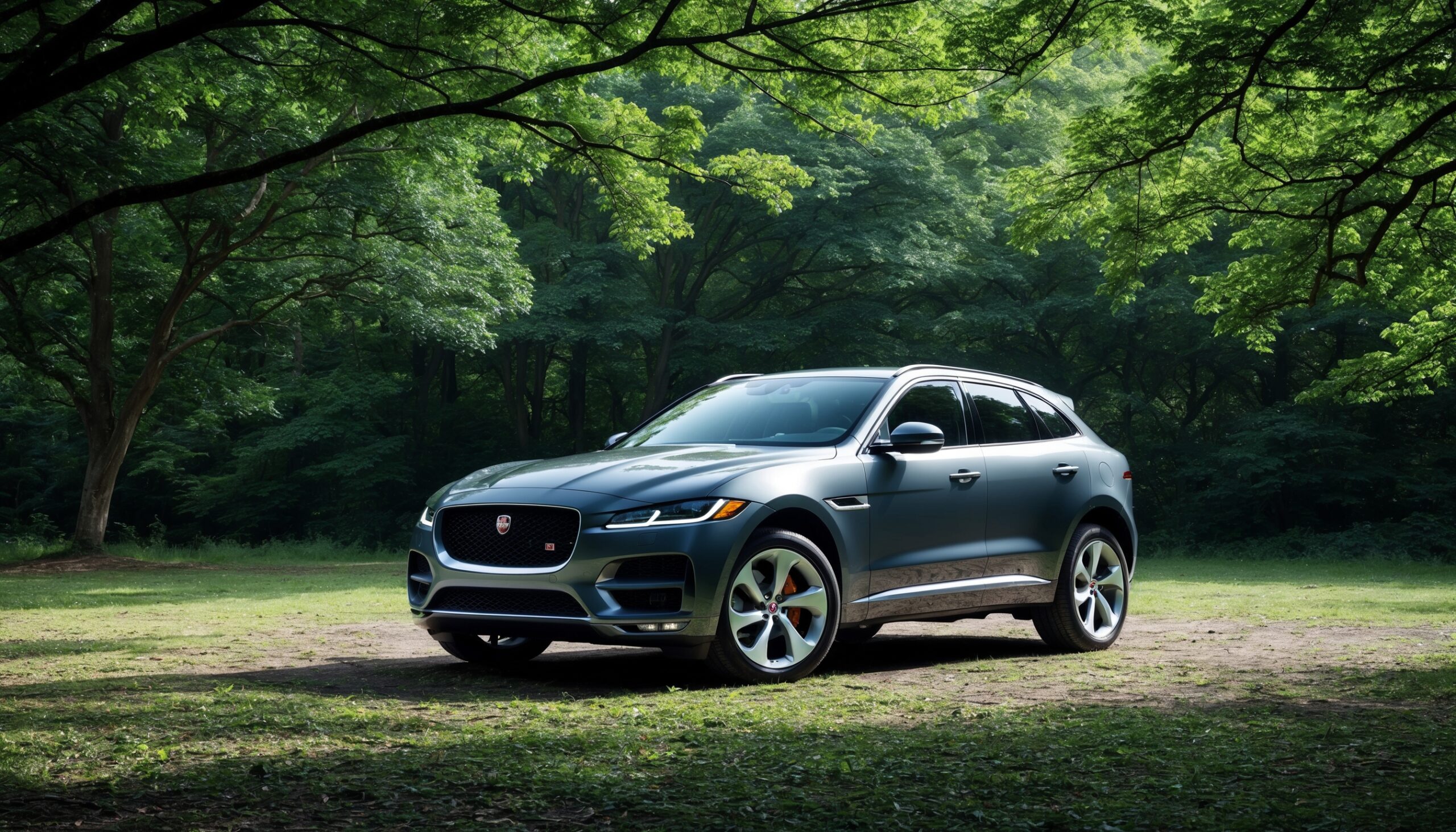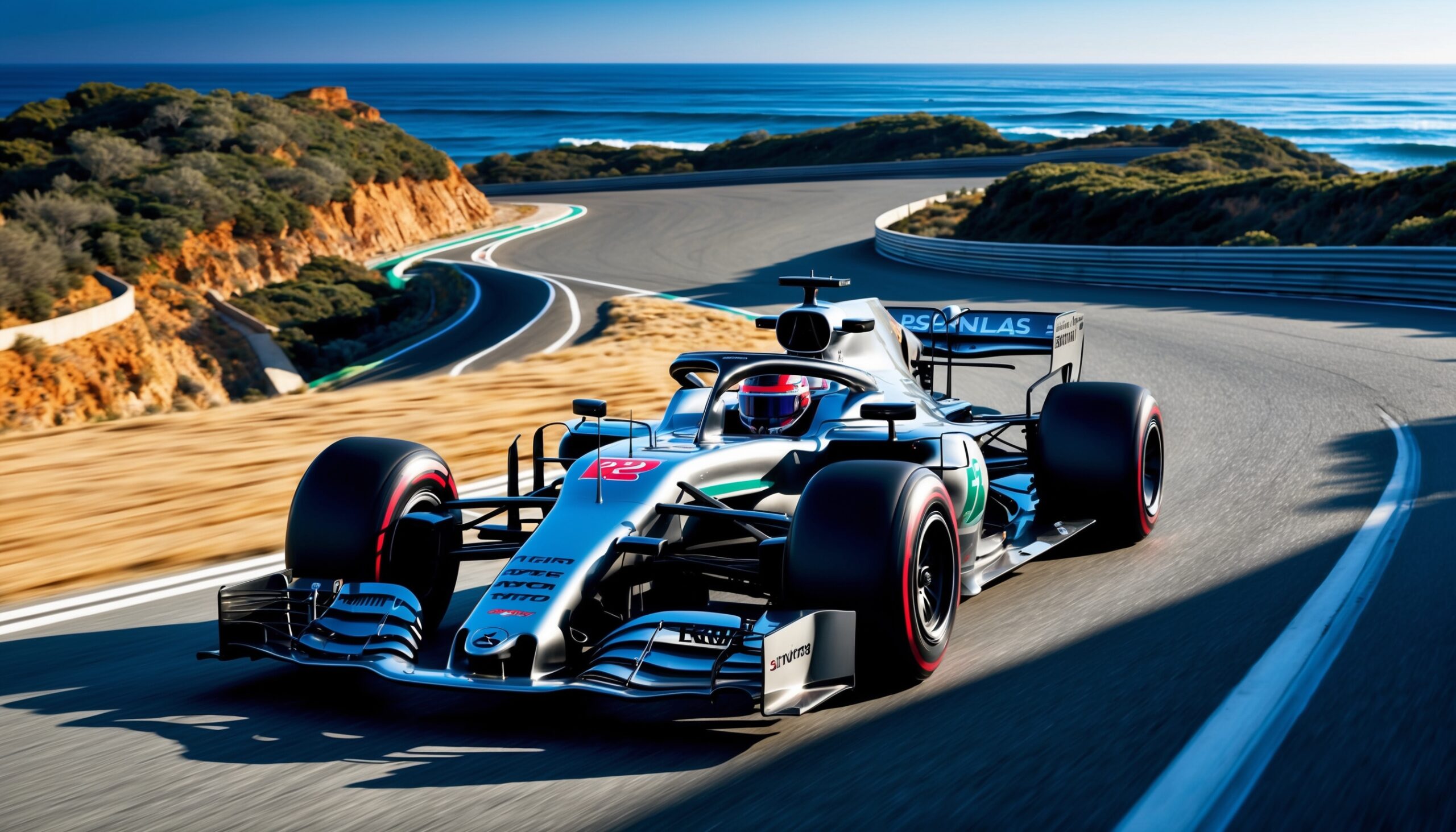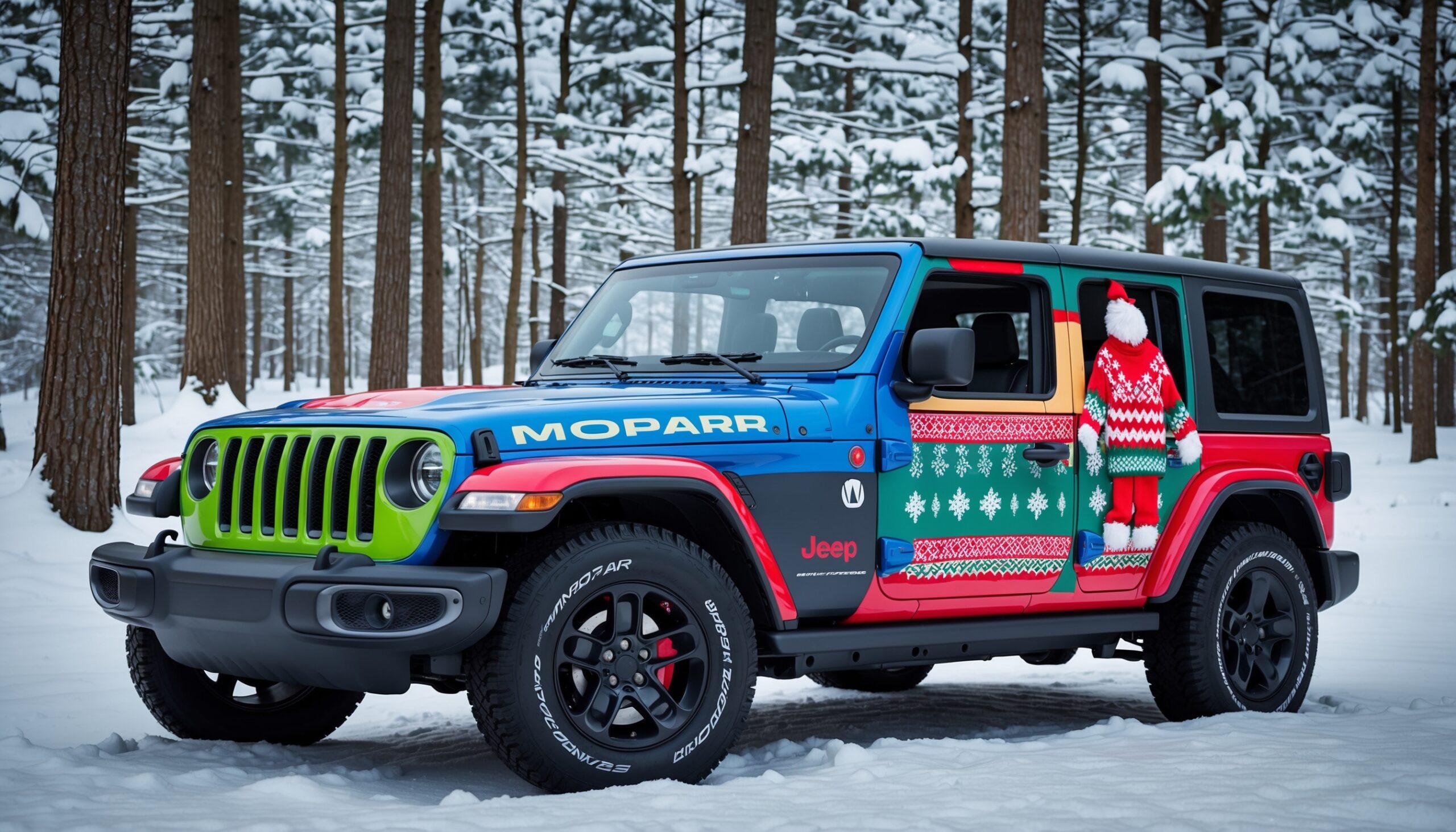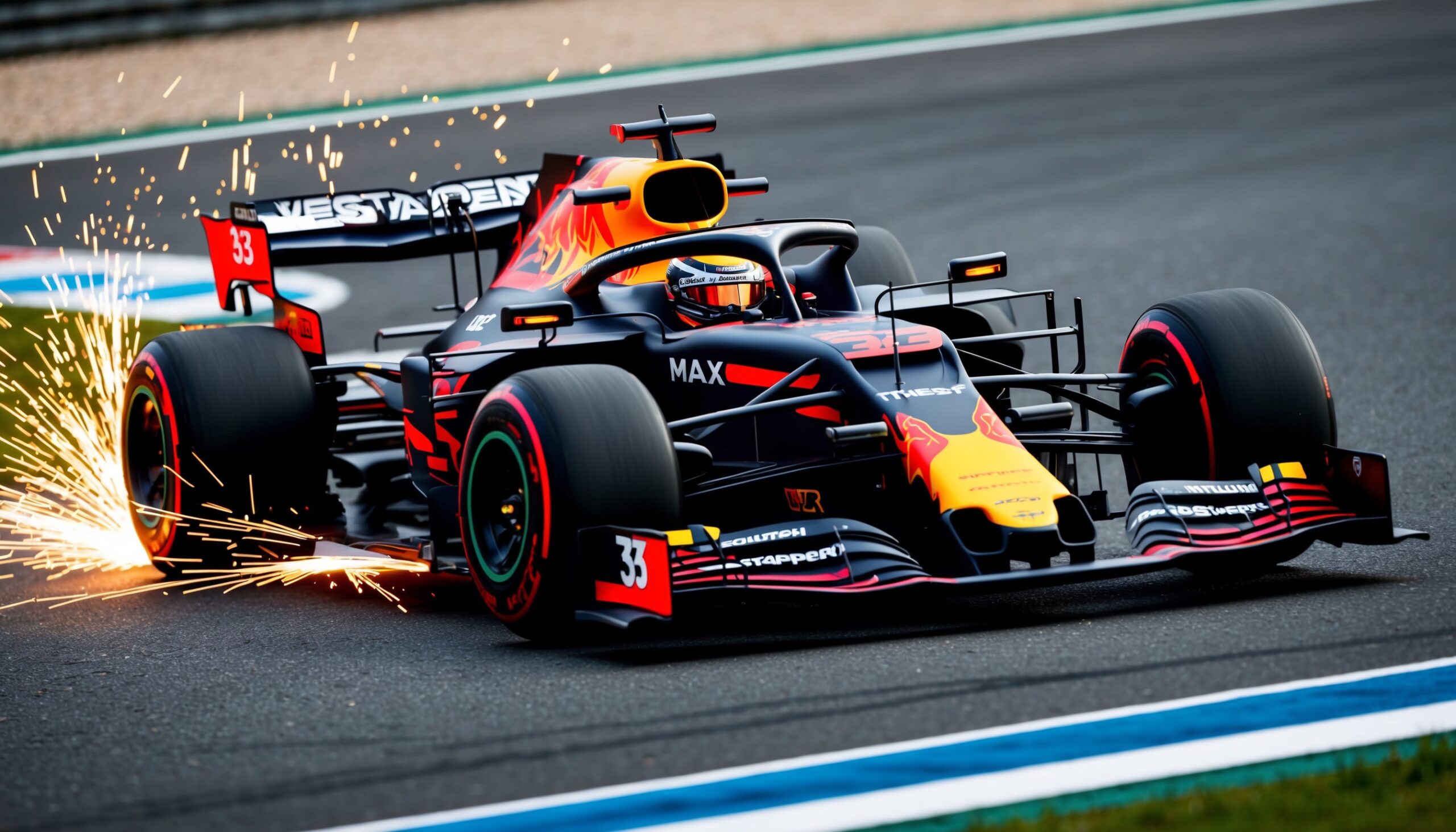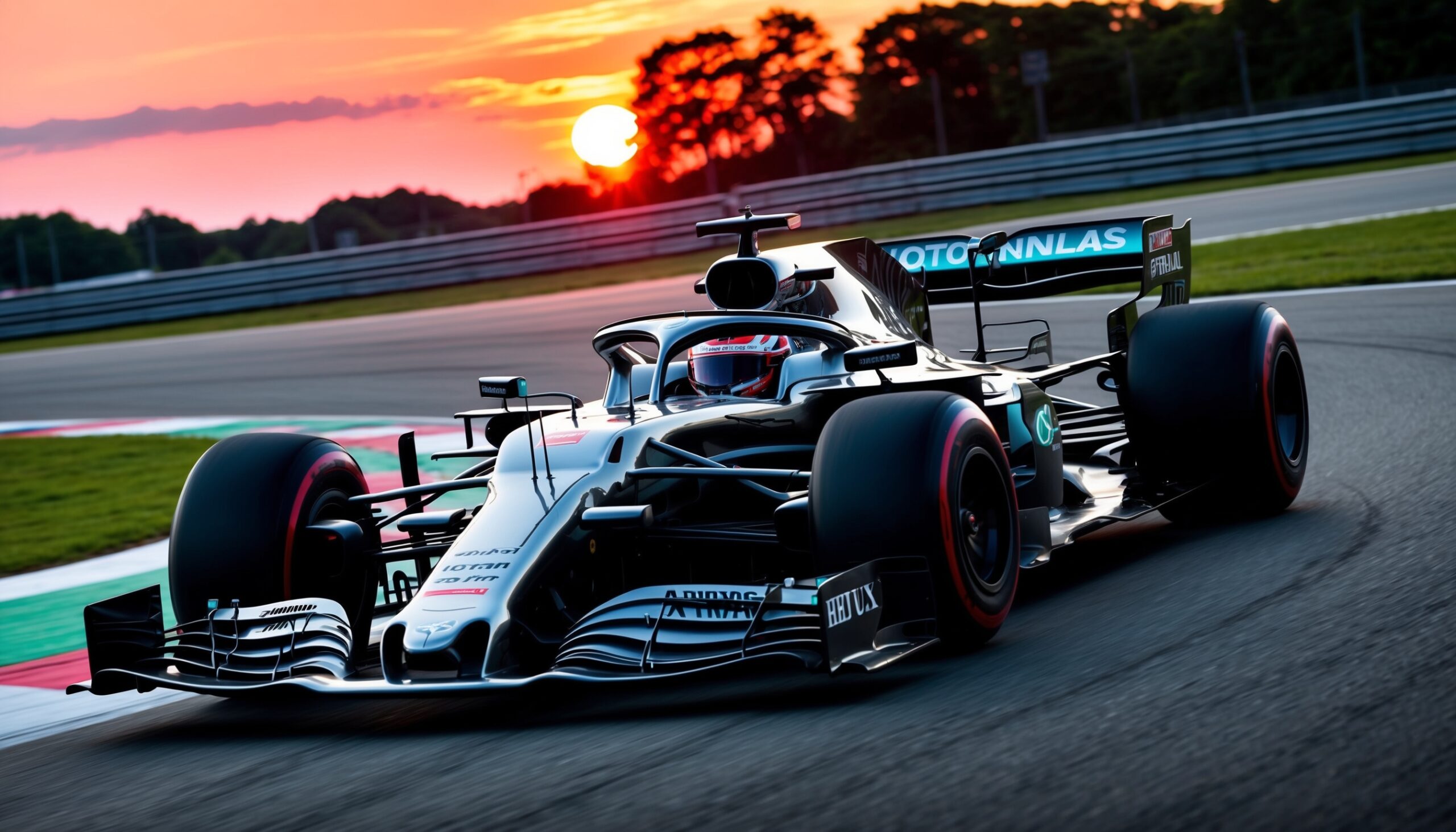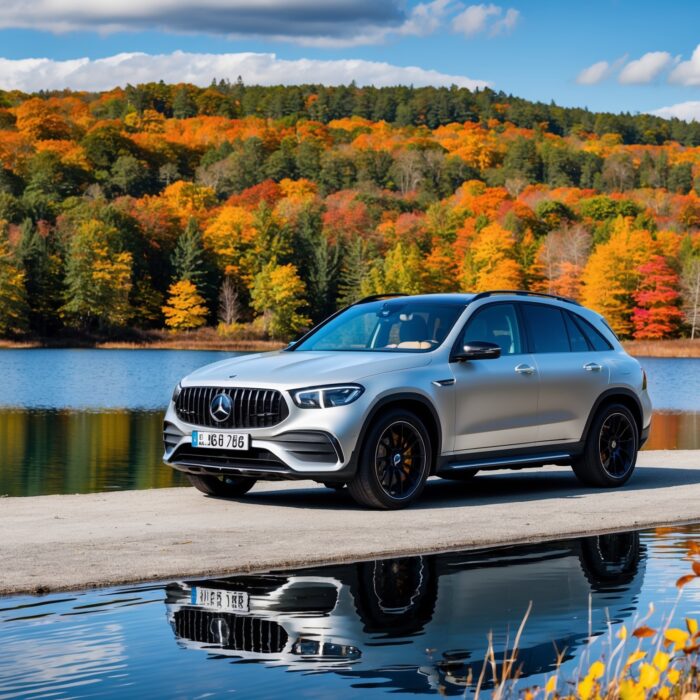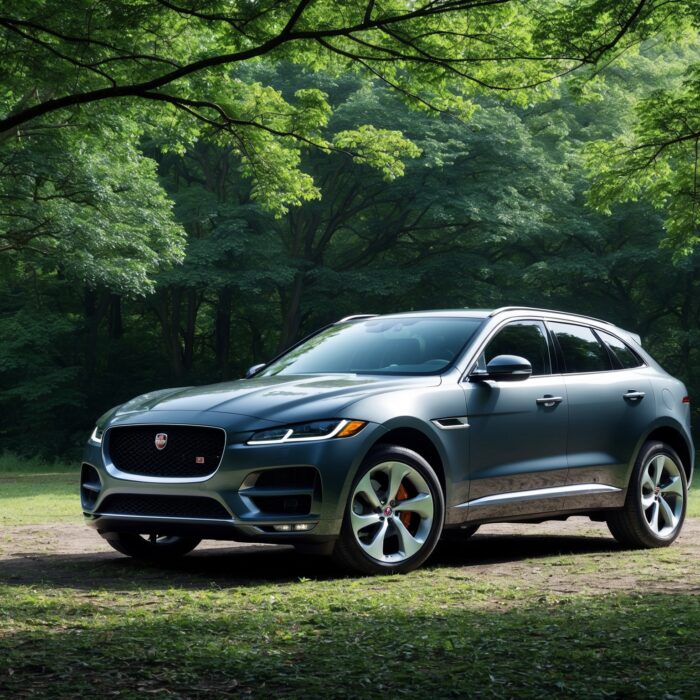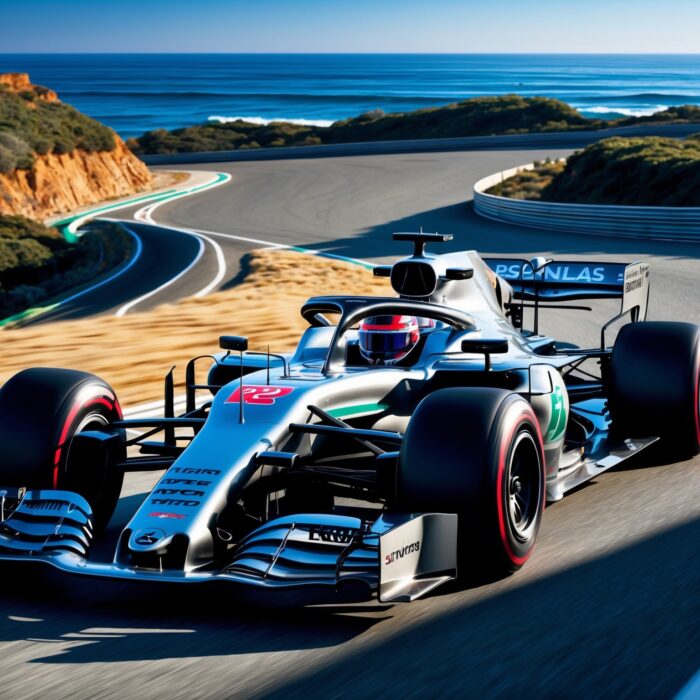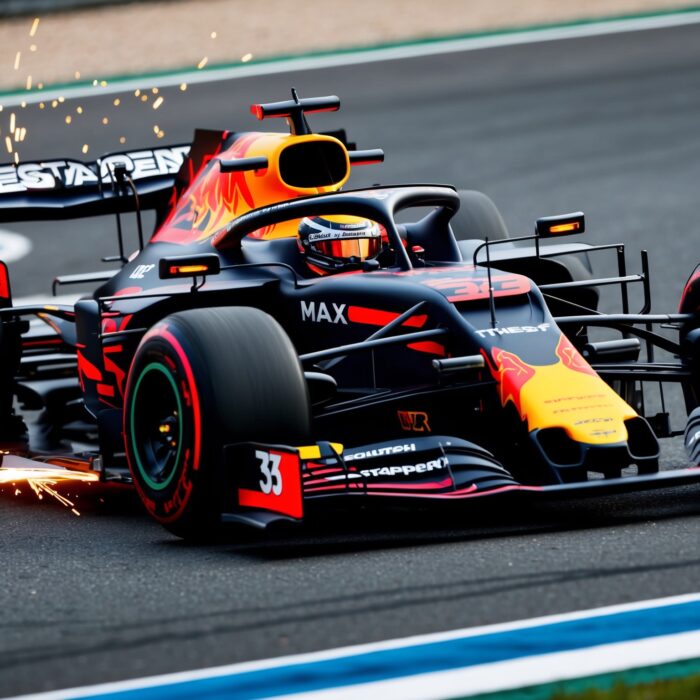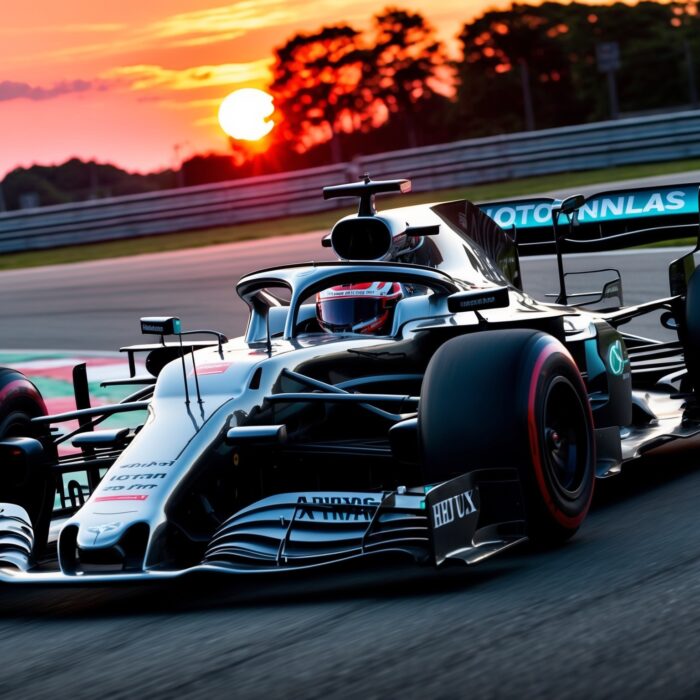Hyundai Tucson vs Nissan Rogue – Which Compact SUV Offers the Best All-Rounder Experience?
Overview of both cars
The compact SUV segment has become increasingly popular, and the Hyundai Tucson and Nissan Rogue are two of the key players vying for consumer attention. The Tucson is known for its bold design, impressive tech features, and spacious interior, making it an excellent choice for families and tech enthusiasts alike. Meanwhile, the Rogue offers a versatile cabin, advanced safety systems, and a comfortable ride, appealing to those looking for practicality and reliability. Both vehicles aim to deliver a well-rounded driving experience, but which one stands out more?
Also Read: Hyundai Tucson vs Nissan Rogue

Tip: See Quick Specs below for detailed differences.
Quick Specs Comparison
Exterior & Design
The Hyundai Tucson boasts a modern and bold exterior, featuring a distinctive cascading grille and sharp, angular lines that convey a sense of sophistication. The LED headlights and taillights enhance its upscale appearance, while the available 19-inch alloy wheels add a sporty touch. A variety of vibrant paint options allows buyers to express their personality. The Tucson’s build quality reflects its premium aspirations, with high-quality materials used throughout the exterior.
In contrast, the Nissan Rogue presents a more subdued yet equally appealing design. Its V-motion grille and sleek profile lend an air of elegance, while the floating roof design adds a modern flair. The Rogue also features LED lighting, enhancing visibility and style. Available two-tone color schemes provide a unique customization option, and fit and finish are solid, ensuring a reliable and well-crafted exterior.
Interior & Comfort
Stepping inside the Hyundai Tucson, buyers are greeted with a spacious and well-designed cabin that prioritizes comfort and functionality. The seats are supportive, with ample legroom and headroom for both front and rear passengers. High-quality materials and a contemporary design language create an inviting atmosphere. The Tucson’s ergonomic layout ensures that controls are easily accessible, and the noise insulation is commendable, providing a serene driving experience.
The Nissan Rogue also excels in interior comfort, offering a flexible and spacious cabin with innovative storage solutions. Its Zero Gravity front seats are designed for maximum comfort on long journeys. The materials used throughout the interior are durable and of good quality, although some may find the design to be less adventurous than the Tucson’s. The Rogue’s cabin is quiet, but it may not offer the same level of premium feel as the Tucson.
Performance & Driving Experience
The Hyundai Tucson comes equipped with a 2.5-liter four-cylinder engine that delivers 187 horsepower, ensuring adequate power for daily driving and highway merging. Its 8-speed automatic transmission provides smooth shifts and responsive acceleration. The Tucson’s handling is balanced, with a comfortable ride quality that absorbs bumps well. Steering feel is light, making it easy to maneuver in tight spaces, although some enthusiasts may desire more feedback.
On the other hand, the Nissan Rogue’s 2.5-liter engine produces 181 horsepower, slightly less than the Tucson, but it compensates with a continuously variable transmission (CVT) that maximizes fuel efficiency. The Rogue offers a smooth and composed ride, with a focus on comfort rather than sportiness. While it handles well in everyday conditions, those looking for a more engaging driving experience may find it less satisfying compared to the Tucson.
Fuel Economy
The Hyundai Tucson achieves impressive fuel economy figures, rated at 26 MPG in the city and 33 MPG on the highway, with a combined rating of 29 MPG. These numbers are competitive for the compact SUV class, making it a practical choice for buyers looking to save at the pump.
Also Read: Tata Nexon vs Hyundai Venue: Compact SUV Showdown
Conversely, the Nissan Rogue also holds its own with fuel economy ratings of 26 MPG in the city and 34 MPG on the highway, offering a slightly better highway figure than the Tucson. The Rogue’s hybrid variant further elevates its efficiency, appealing to eco-conscious buyers who desire enhanced fuel savings without sacrificing space and comfort.
Safety & Technology
Both the Hyundai Tucson and Nissan Rogue prioritize safety, offering a comprehensive suite of advanced driver-assistance systems (ADAS). The Tucson features standard safety technologies such as forward collision warning, lane-keeping assist, blind-spot monitoring, and rear cross-traffic alert. These systems enhance overall safety and provide peace of mind for drivers and passengers alike.
The Nissan Rogue also includes a robust set of safety features, including ProPILOT Assist, which provides semi-autonomous driving capabilities. Its safety ratings are excellent, with both vehicles performing well in crash tests. Infotainment systems in both models are user-friendly, with the Tucson boasting a larger touchscreen and more intuitive interface, while the Rogue offers a well-integrated experience with excellent connectivity options.
Ownership Costs & Maintenance
Hyundai is known for its industry-leading warranty, offering a 10-year/100,000-mile powertrain warranty and a 5-year/60,000-mile basic warranty. This extensive coverage provides Tucson owners with peace of mind regarding long-term reliability and maintenance costs. Hyundai’s reputation for building reliable vehicles also contributes to lower ownership costs.
The Nissan Rogue, while also reliable, typically comes with a standard warranty of 3 years/36,000 miles for the basic coverage and 5 years/60,000 miles for the powertrain. This means that while Rogue owners will still enjoy reasonable coverage, they may not have the same level of assurance as Tucson owners when it comes to long-term repairs and services.
Price & Value for Money
The Hyundai Tucson starts at a base price of $26,450, offering a strong value proposition with a generous list of standard features, including an 8-inch touchscreen, smartphone integration, and advanced safety technologies. Higher trims add more luxury features and tech, maintaining competitive pricing in the segment.
The Nissan Rogue begins at $28,000, which is slightly higher but includes its own set of desirable features such as ProPILOT Assist and a larger infotainment screen. However, some buyers may find that the Tucson provides better value for money, given its extensive warranty and feature set at a lower price point.
Pros & Cons
Hyundai Tucson Pros
- ✓ Bold and modern exterior design
- ✓ Spacious and comfortable interior with high-quality materials
- ✓ Excellent warranty coverage and reliability reputation
Hyundai Tucson Cons
- – Lighter steering feel may lack engagement for some drivers
- – Base engine may seem less powerful compared to rivals
- – Slightly less cargo space than the Rogue
Nissan Rogue Pros
- ✓ Versatile interior with innovative storage options
- ✓ Strong focus on safety and advanced driver assistance features
- ✓ Competitive fuel economy, especially in hybrid variants
Nissan Rogue Cons
- – Higher starting price may deter budget-conscious buyers
- – Less engaging driving dynamics compared to competitors
- – Interior design may feel less premium than the Tucson
Final Verdict
In the battle of the Hyundai Tucson vs. Nissan Rogue, both compact SUVs offer strong points that cater to different buyer preferences. The Tucson shines with its bold design, spacious interior, and exceptional warranty, making it a compelling choice for those who prioritize style and reliability. Conversely, the Rogue excels in versatility and safety features, appealing to families seeking practicality. Ultimately, your choice will depend on whether you value a sleek, modern aesthetic and comprehensive coverage (Tucson) or a flexible cabin with advanced safety systems (Rogue). For more information and insights, stay tuned to Torque Feed!

